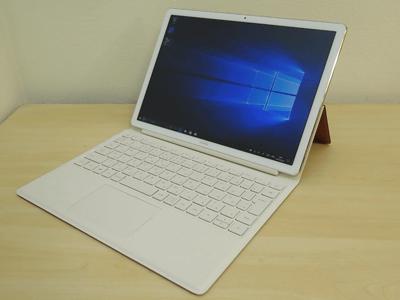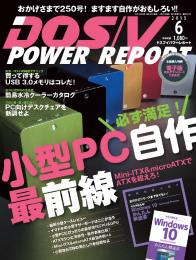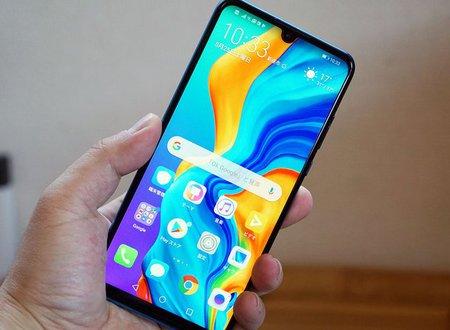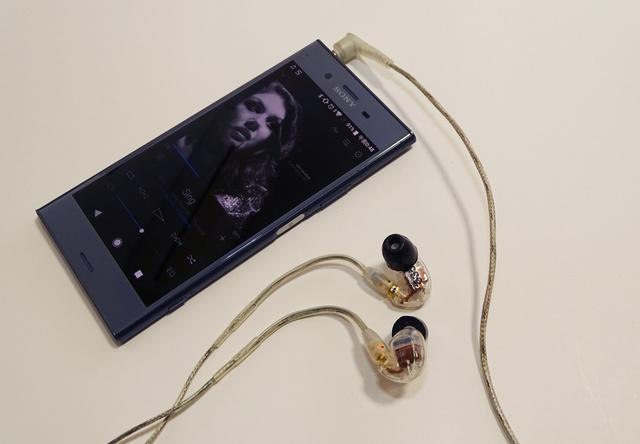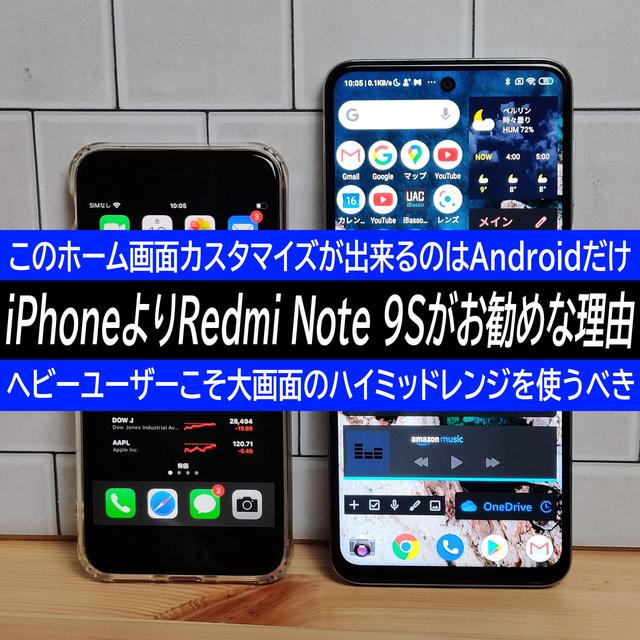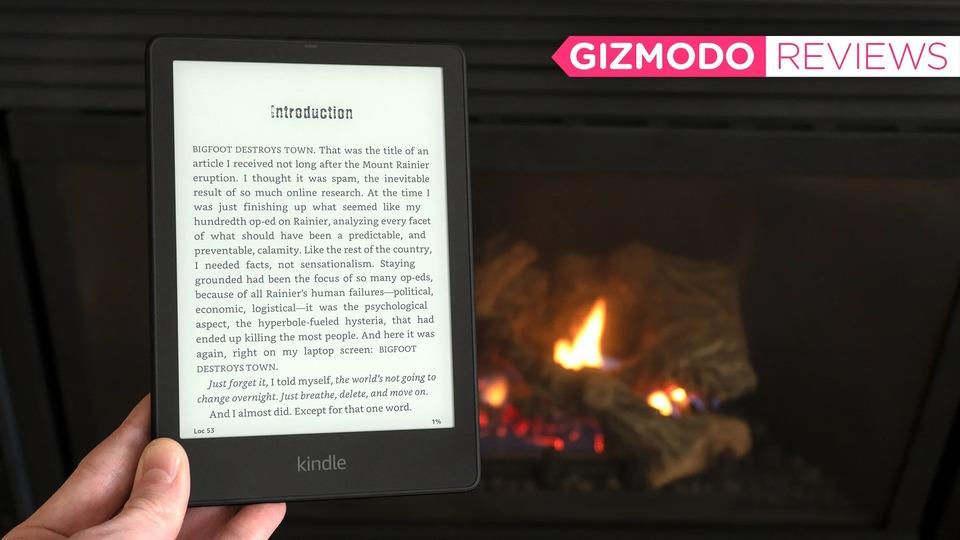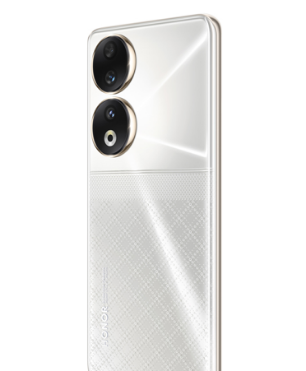The first iPhone was released in the United States in 2007, and this year marks the 10th anniversary. The spread of smartphones in the last 10 years has been remarkable, but on the other hand, it is said that the influence of the 10 years of the spread of smartphones may have changed significantly. For example, one of them is a PC.
Considering the background of the birth of smartphones, it is understandable that the PC market has been struggling for nearly 10 years. Originally, the spread of PCs was due to the enjoyment and convenience of the "Internet," and with the evolution of services and content provided on the Internet, the services around them have changed significantly.

For example, fixed lines that were connected to the Internet when needed have evolved from ISDN to ADSL and optical lines, enabling constant connection and large-capacity data communication. Enlarged. Until the latter half of the 1990s, the mobile environment was mainly for calls, but after 2000, the "Internet in the palm of the hand" using "mobile phones" such as i-mode became widespread.
Unfortunately, the mobile Internet did not spread well in the Western markets, which tried to spread similar services through WAP, but smartphones were smoothly accepted and spread at once. Although there are some differences between countries and regions, the environment in which smartphones can use the Internet anytime, anywhere has significantly changed our lifestyles and business styles.
When this happens, the positioning of PCs, which had been required to use the Internet until then, becomes a little delicate. For example, smartphones can be used for browsing Web pages, e-mail, online shopping, and SNS, and PCs are limited to those that require performance such as online games, document creation, image processing, and video editing. Moreover, most of these are for creator-centered users, and are not so high-priority for general individual users.
Recently, in the media, the younger generation's departure from PCs and smartphone dependence are often taken up as topics, "This year's newcomers have a slow PC keyboard ..." "It seems that there are students who input university papers on their smartphones." However, regardless of the truth, it seems that the recognition that "because there is a smartphone, the PC is ..." is spreading so much that such a thing becomes a topic. That doesn't mean you don't need a PC. There are many contents that can be enjoyed and applications that can be utilized only with a PC, and there should be many worlds that can be expanded by using a PC, but that may not have penetrated well.

